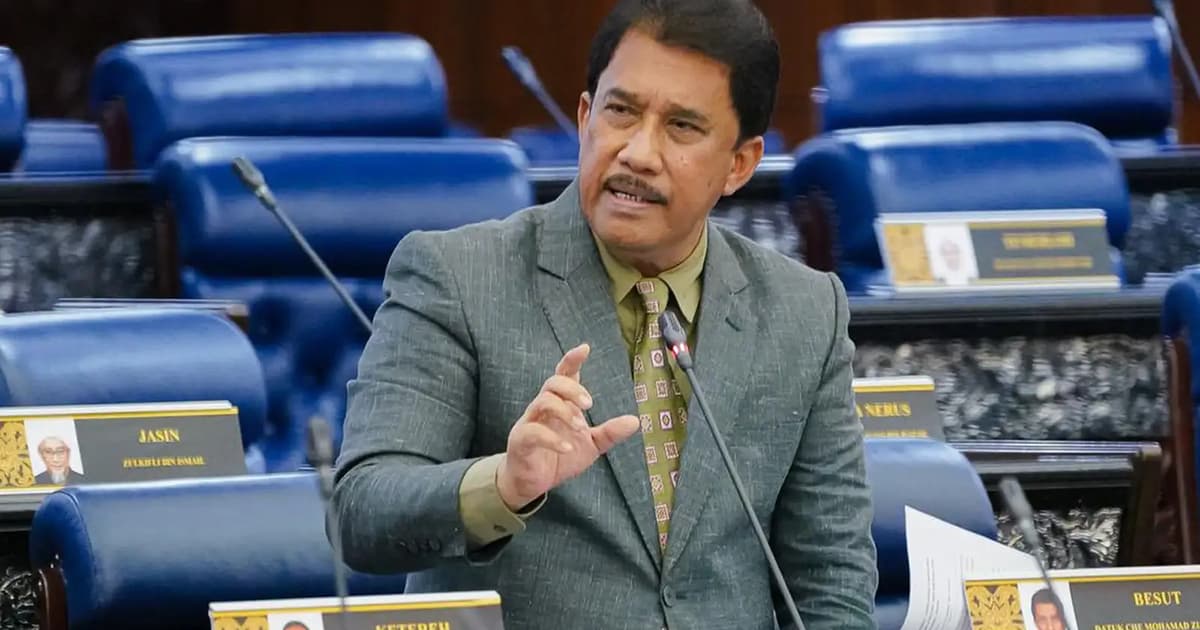
Two lawyers have questioned the viability of a proposal to convert all national laws into Bahasa Melayu by 2030, citing inherent difficulties in accurately translating legacy statutes originally drafted in English.
Balwant Singh said the initiative would necessitate close collaboration between linguists and legal specialists in a host of fields who must be fluent in both languages.
“While the earlier laws which were passed in English can be translated into Malay, it would be a monumental task which cannot be rushed or left to translation agencies,” he told FMT, adding that an entire case may turn on the meaning ascribed to a particular word.
Balwant also said it would be equally difficult to translate the bulk of superior court judgments, most of which were written in English, with a real risk of inaccuracies in the translated versions.

Erroneous translations, he said, could open the floodgates to further disputes and sow confusion, he added, undermining the cardinal legal principle that “laws must be certain, or at least capable of being ascertained.”
He recalled an incident where a Malay client of his was left confused by the phrase “awak dilepaskan tanpa dibebaskan” — a translation of “discharged not amounting to an acquittal”, or DNAA.
“He turned to me and asked: ‘Am I free to go now?’ Such are the frailties of language and translations.”
The senior lawyer said any push to make Bahasa Melayu the authoritative language for national laws must also take into account the constitutional position of Sabah and Sarawak.
He said the Federal Constitution provides that English shall remain the official language of the courts in Sabah and Sarawak unless their respective state legislative assemblies decide otherwise.
Last week, an opposition MP urged the government to make Bahasa Melayu the authoritative language of all national laws by 2030.
Che Mohamad Zulkifly Jusoh, the PAS MP for Besut, said the authoritative text of many statutes is still English, despite the passing of the National Language Act 1963/67 six decades ago.
Meanwhile, Ameir Hassan said pivoting from English to Malay would be a “tall order” for legal workers as it demands that they be conversant in Malay at both the technical and colloquial levels.
He said such a transition would only be feasible if the average proficiency of Malaysians in the national language was at the same level as in Indonesia, where each citizen is perceived to have strong command of their national language regardless of racial backgrounds.
“Only when we are at that level, can we then be assured that justice will be enhanced in the Malay language. Otherwise, we would have to use English for the sake of justice because it’s more commonly understood in our legal circles,” he added.
Amier also said that certain legal phrases are better expressed in their original language to indicate the intended meaning unequivocally. He said even the English legal system adopts this practice by continuing to use certain phrases in their original language, such as the Latin term “prima facie”.
An unsatisfactory literal translation might “bring different meanings and induce a miscarriage of justice” in courts, according to Amier.
“Many Malaysian laws are introduced in English. For example, how are you supposed to replace ‘tort’ with a (satisfactory) Malay term?” he said.






